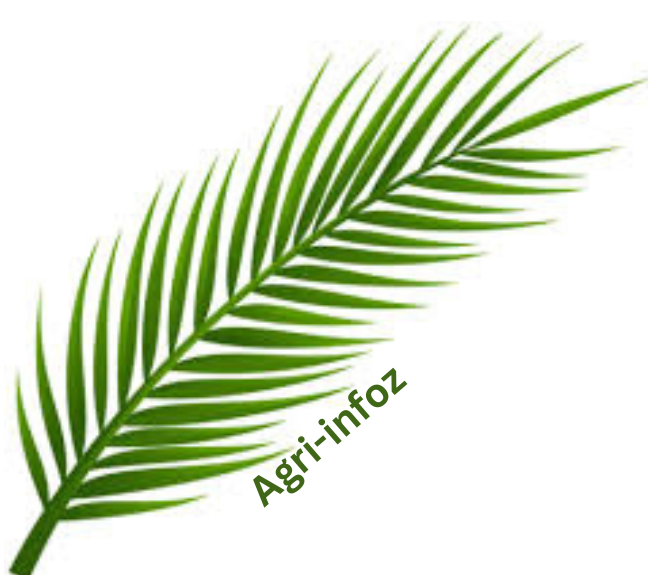


Vital Elements: Understanding the Importance of Minerals and Vitamins in Animal Diets
Minerals and vitamins are essential components of balanced animal diets, playing crucial roles in various physiological processes, growth, reproduction, and overall health. While often required in small quantities, these micronutrients are indispensable for maintaining metabolic functions, supporting immune responses, and optimizing production performance in livestock. In this comprehensive guide, we delve into the importance of minerals and vitamins in animal diets, exploring their functions, sources, and implications for animal welfare and productivity.
Read more also: Kiwi Vine Cultivation Practices In Home
Importance of Minerals in Animal Diets
- Structural Integrity: Minerals such as calcium, phosphorus, and magnesium are critical for skeletal development, bone strength, and muscle function in animals, ensuring structural integrity and mobility.
- Enzyme Activation: Many minerals serve as cofactors for enzyme reactions involved in metabolism, digestion, and nutrient utilization, facilitating cellular processes and energy production.
- Electrolyte Balance: Minerals like sodium, potassium, and chloride regulate fluid balance, osmotic pressure, and acid-base equilibrium in body fluids, maintaining hydration and electrolyte balance.
- Immune Function: Minerals such as zinc, copper, and selenium play key roles in immune function, antioxidant defense, and disease resistance, supporting overall health and resilience to pathogens.
Importance of Vitamins in Animal Diets
- Metabolic Functions: Vitamins act as coenzymes or precursors for metabolic pathways involved in energy metabolism, protein synthesis, and cell signaling, contributing to growth, reproduction, and maintenance.
- Antioxidant Protection: Certain vitamins, such as vitamin E, vitamin C, and beta-carotene, function as antioxidants, scavenging free radicals, and oxidative stressors, protecting cells and tissues from damage.
- Immune Support: Vitamins A, D, and E play crucial roles in immune function, modulating immune responses, promoting antibody production, and enhancing resistance to infections and diseases.
- Reproductive Health: Adequate vitamin nutrition is essential for reproductive health and fertility in animals, influencing gamete development, embryo viability, and reproductive performance.
Sources of Minerals and Vitamins in Animal Diets
- Forages and Grains: Pasture, hay, and silage are primary sources of minerals and vitamins for grazing animals, providing a natural and balanced nutrient profile based on soil composition and plant species.
- Concentrate Feeds: Commercial concentrates and supplements are formulated to provide specific levels of minerals and vitamins to meet animals’ dietary requirements, particularly during periods of increased demand or deficiency risk.
- Mineral Blocks and Supplements: Mineral blocks, tubs, and loose mineral supplements are available for free-choice consumption by animals, offering a convenient and targeted approach to mineral supplementation.
- Feed Additives: Certain feed additives, such as trace mineral premixes, vitamin premixes, and mineral-vitamin complexes, can be incorporated into feed rations to ensure precise nutrient delivery and optimize animal nutrition.
Implications for Animal Welfare and Productivity
- Health and Disease Resistance: Adequate mineral and vitamin nutrition supports immune function, reduces susceptibility to diseases, and enhances overall animal health and welfare.
- Reproduction and Fertility: Optimal vitamin and mineral status is critical for reproductive health, fertility, and offspring viability, influencing breeding success and herd productivity.
- Performance and Growth: Balanced mineral and vitamin nutrition promotes optimal growth rates, feed efficiency, and production performance in livestock, maximizing profitability and sustainability of farming operations.
- Milk Quality and Composition: Vitamins and minerals influence milk quality, composition, and nutrient content, affecting the nutritional value and marketability of dairy products for human consumption.
Conclusion
Minerals and vitamins are indispensable components of balanced animal diets, playing multifaceted roles in physiological functions, health maintenance, and production performance. By understanding the importance of minerals and vitamins in animal diets and implementing sound nutritional management practices, producers can optimize animal welfare, productivity, and profitability while ensuring the long-term sustainability of their farming operations. Through a commitment to balanced nutrition and continuous improvement, producers contribute to the welfare of their animals, the quality of their products, and the resilience of global food systems.

